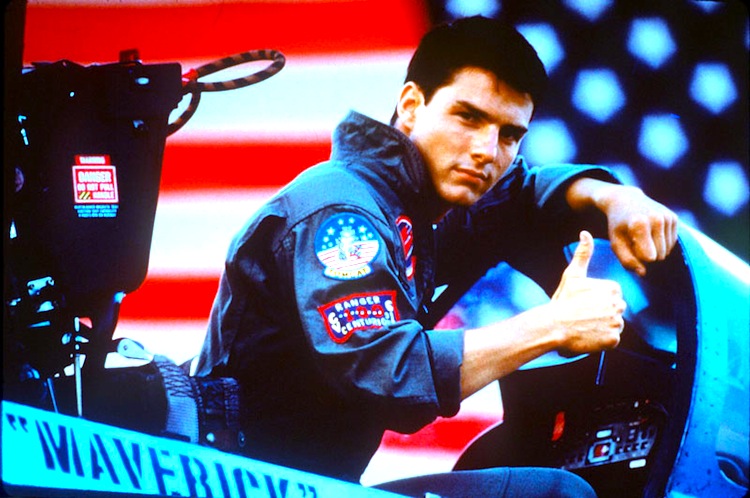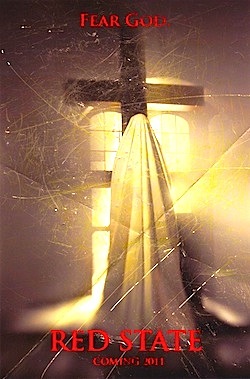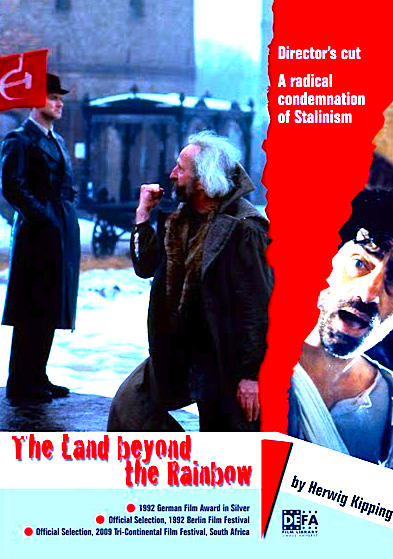
By Jason Apuzzo. I wanted to update people on a story that we covered previously. Apparently the screenwriter on the proposed Top Gun sequel, Christopher McQuarrie, has come out and said: “There is no Top Gun 2 in which Maverick is not the starring role.” It had previously been reported that Cruise’s Maverick character would only have a relatively minor role in the sequel.
We’ll see how this plays out. I’ve already expressed my thoughts on this proposed project here.
[UPDATE: Tony Scott has confirmed that if a sequel happens, he will be directing it. Scott also told the Wall Street Journal the following about the proposed project:
“It’s not a reboot, it’s not a reinvention, it’s not a remake,” Scott insisted. “The world of ‘Top Gun’ today is very different. It’s really computer geeks sitting in Nevada playing war games. It’s the end of an era for fighter pilots, but those fighter pilots then become test pilots, and the planes now that they go to fight are drones, but while they’re perfecting [the drones], they fly them.” … “David Ellison is the guy that inspired me,” Scott said. “He’s a pilot. People kept talking about ‘Top Gun 2’ and talking with Jerry [Bruckheimer] and talking with me [about the possibility of doing it], but it wasn’t until David came and he showed me these visuals of what the Air Force is doing today that I said yes, I want to be involved. So it’s not a reboot at all. It’s a totally new movie.”
We’ll continue to keep you updated about this as we learn more.]
[UPDATE #2: And here’s more from Tony Scott about the film, from over at the MTV Movie blog.]
Posted on November 1st, 2010 at 1:43pm.

